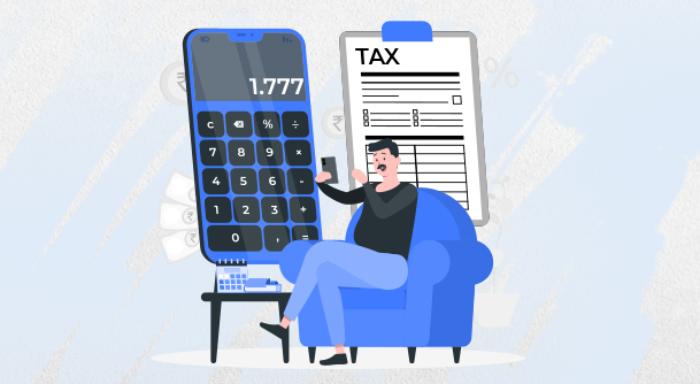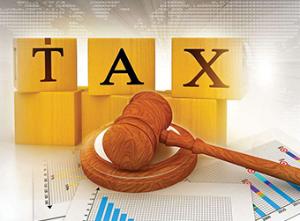Five Useful Tips on Tax Planning in India - 2024 Insights
Blog Title
4980 |
As a taxpayer of India, you need to file your Income Tax Returns every year. You may also know it as ITR filing. This ITR contains all the details of your annual income and the tax you need to pay to the government for the year.
People are constantly looking for efficient ways for reducing tax obligations. Tax planning can help you to save a good amount of money in the long run. With smart tax planning, you can enjoy your income to the fullest and achieve your financial goals as well. If you are looking to expand your knowledge about these tax-saving instruments, you are at the right place!
What is Tax Planning?
Tax planning refers to the strategic and lawful management of one's financial affairs with the goal of minimizing tax liability. It involves utilizing various provisions and deductions offered by the tax laws to optimize one's tax burden while staying within the legal boundaries.
In simple words, Tax planning means arranging your money matters smartly to pay less tax. It's about using the rules to your advantage, so you keep more of your money legally. People and businesses do this by making smart choices about how they spend, save, and invest their money to lower their tax bills.
Effective tax planning helps individuals and businesses organize their finances in a way that reduces the amount of taxes they need to pay, thereby maximizing their after-tax income or profits. This can involve decisions related to investments, expenditures, business structure, and more, all with the aim of ensuring tax efficiency and compliance with the tax regulations in India.
Tax planning can be done in a simple way; you just need to follow the five amazing steps for efficient tax planning.
Estimate your taxable income in advance
An estimate of how much income you will be having at the end of the financial year can help you find out your expected taxable income and amount. This will help you in accordingly find ways to reduce it using eligible tax saving instruments.
For example, if you had a taxable income of Rs. 5 lakh last year and you estimate a growth in net income by 20%, then your taxable income may also increase in that proportion. So, you must make a tax saving plan early to avoid the last-minute rush.
Plan your investment and expenses
Once you have an idea about how much tax liability you may incur at the end of the year, then you can accordingly plan your investment and expenses to save tax. For example, if you are expecting your taxable income to be Rs. 6 lakhs at the end of the year then you can start investing money every month in tax-saving instruments like Unit Linked Insurance Plans (ULIPs), endowment plans or PPFs.
Early planning will give you more time to research and select efficient tax-saving instruments, which can give you more liquidity, higher return at low risk and help you to accomplish your financial goal in a better way. Some of the popular tax-saving instruments include:
- Premium Paid for Life Insurance policy
- National Savings Certificate
- Public Provident Fund
- National Pension Scheme
- Equity Linked Savings Scheme
- Principal Amount for Home Loan
- Fixed deposit for five years
- Sukanya Samariddhi Yojana Account
- Children’s tuition fees
Keep relevant tax-related documents safely in one place
During the financial year, you may spend money on things for which you can claim deductions and save tax. So, you must keep the bills and receipts of all such transactions handy. It would be wise to maintain a diary for such transactions or keep them handy in your mobile apps so that you can use it when filing tax. Medical bills, travelling bills etc are important documents which may be required as a proof while claiming deductions under the eligible heads.
Assess your tax liabilities at regular intervals
Once you have an estimated figure of the tax amount for the financial year, then you should continuously assess the actual income and expense at regular intervals so that you can adjust in your tax saving plans accordingly. For example, if you have expected a net income of Rs. 50,000 per month, but your income increased to Rs. 80,000 then you should raise the investment accordingly or take an appropriate step.
If you do not keep a regular watch on your expected tax liability, then at the end of the year
you will find it difficult to invest a huge amount all of a sudden to save tax.
File ITR well in advance before the last date
You must file the tax well before the last date to avoid mistakes as they may result in scrutiny or a notice from the Income Tax department. If you file tax in right time, then you also have a better chance to get the TDS refund in a short time.
Chirag Iyer - BFSI Enthusiast
Chirag is a writer and an avid reader who loves to drink coffee! His other interests include boxing, karate, and singing.












